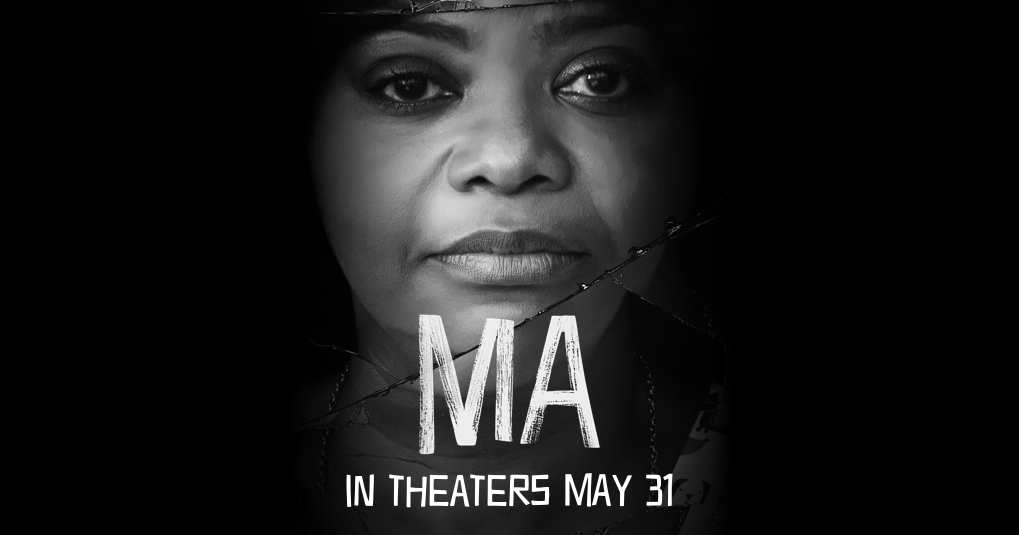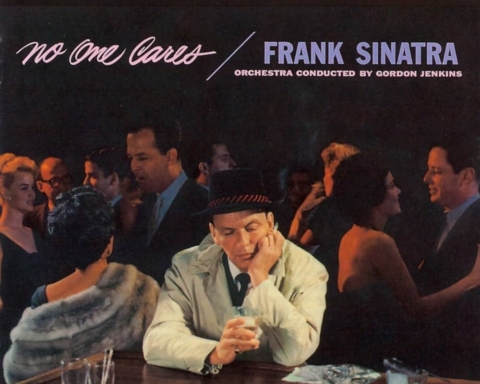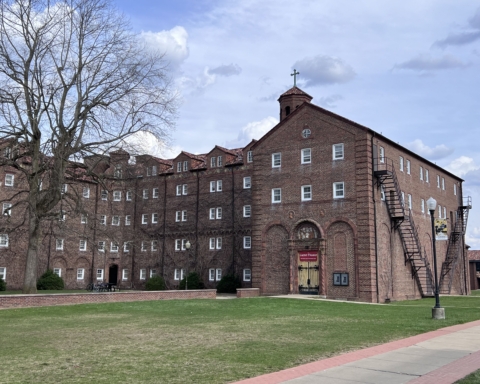Partying is considered one of the hallmarks of a growing teen: it’s a sign of rebellion, self-discovery and freedom. But it’s no secret that parties can go wrong, and sometimes, deadly wrong. Blumhouse’s “Ma,” starring Octavia Spencer, tells the story of a group of teenagers looking for a good time and finding something a lot more sinister.
Maggie Thompson, played by Diana Silvers, and her mother, Erica, played by Juliette Lewis, move back to Erica’s hometown in Ohio. Maggie’s father divorced her mother and left them, leaving the pair penniless. As a result, Erica starts working at a local casino to make ends meet, leaving Maggie to her own devices every night.
At her new school, Maggie quickly befriends four other students: Andy, played by Corey Fogelmanis, Chaz, played by Gianni Paolo, Hayley, played by McKaley Miller and Darrell, played by Dante Brown. They convince Maggie to come with them and try to “score booze.” They give her some money and tell her to stand outside of the liquor store and ask passing adults to buy alcohol for them.
Eventually, one woman dressed in veterinary scrubs and walking a senior dog stops. She, with some hesitation, agrees to buy them alcohol. The woman re-emerges from the store with multiple cases of drinks and introduces herself. Her name is Sue Ann Ellington, played by Octavia Spencer, and she works as a vet-tech in a local clinic. Her only request for the teens is that they don’t drive drunk.
Later that night, Ellington watches the teens drink at a local hangout spot. She anonymously calls the police on them. The police respond to the scene, but the teens are not charged, because Andy’s father, Ben, has a history with the police department as a home security salesman.
The following day, Ellington coaxes the teens to come drinking in her basement, bribing them with more alcohol. The teens agree and Darrell asks her, “You got any pizza rolls, Ma?” This coins her nickname, Ma, and leads to an awkward friendship between the teens and the middle-aged vet-tech.
Slowly but surely, it comes to surface that Ma is unstable. She invites the teens over every single night and explodes when they refuse her offer. She begins stalking their social media and stealing their belongings. Ma begins acting more and more like a teenager, dressing scantily and hanging around more and more teenagers.
Hayley, fed up with Ma’s behavior, blocks Ma and announces over social media that she is crazy and no one should hang out at her house anymore. This action leads to the teenagers she once considered to be her friends bullying and berating her, throwing alcohol at her and calling her a loser. This sends Ma on a worse downward spiral. Unbeknownst to the teens, Ma was bullied before, causing her unstable behavior.
In high school, a horrific prank was pulled on her, causing a psychological break, by the parents of the teens she attempted to befriend. The actions of Maggie and her friends brought this trauma back to the surface and causes Ma to snap once again.
This movie has many twists and turns, and the ending leaves much up to imagination. Much like Blumhouse’s “Get Out,” “Ma” falls into the psychological horror genre. The viewer is left uncertain of what to expect, but it never disappoints. Because of Ma’s trauma, the viewer can’t help but feel slightly bad for her, despite her evil actions. Ma’s psyche only continues to deteriorate, reaching a fiery climax. Ultimately, it is a must-see.
By Anastasia Smith, Staff Writer
smithan18@bonaventure.edu






